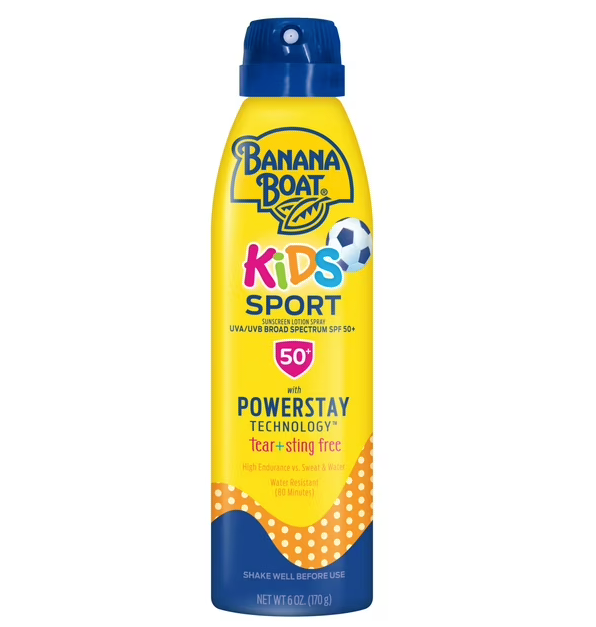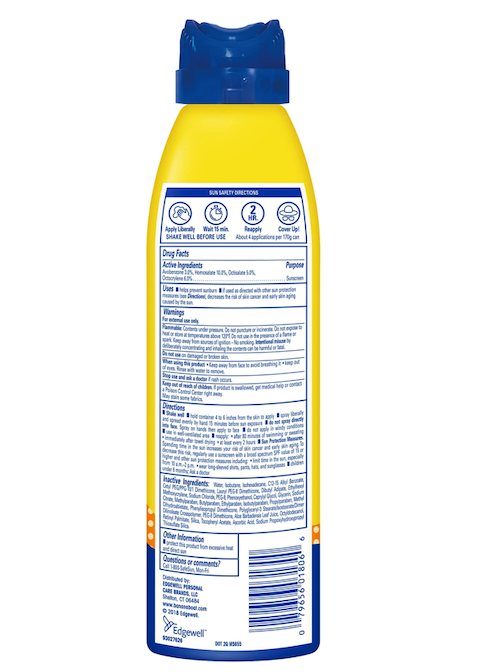Understanding Common Sunscreen Ingredients That Can Cause Skin Irritation
Sunscreen is essential for protecting your skin from harmful UV rays, but not all formulas agree with every skin type. Some ingredients commonly found in sunscreens can cause irritation, allergic reactions, or sensitivity, particularly for those with sensitive skin. In this guide, we’ll break down the most common culprits behind sunscreen-induced irritation and offer tips for choosing a gentle, skin-friendly alternative.
Chemical vs. Mineral Sunscreens
Before diving into specific ingredients, it’s important to understand the two main types of sunscreens: chemical and mineral (also known as physical) sunscreens.
- Chemical sunscreens absorb UV radiation and convert it into heat, which is then released from the skin.
- Mineral sunscreens sit on the skin’s surface and act as a physical barrier, reflecting UV rays away.
Chemical sunscreens are more likely to cause irritation because they rely on synthetic UV filters, while mineral sunscreens, which contain zinc oxide and titanium dioxide, tend to be gentler on sensitive skin.
Common Irritating Ingredients in Sunscreens
1. Oxybenzone
One of the most controversial sunscreen ingredients, oxybenzone is a chemical UV filter that is known to cause allergic reactions and skin irritation in some individuals. It has also been linked to hormone disruption, which has raised concerns about its safety in personal care products.
2. Octinoxate
Octinoxate is another common UV filter that helps absorb UVB rays. While it is generally considered safe, it can cause skin irritation, especially for those with sensitive or acne-prone skin. It may also contribute to hormonal disruptions similar to oxybenzone.
3. Avobenzone
Avobenzone is widely used in chemical sunscreens for its ability to absorb UVA rays. However, it can break down when exposed to sunlight, leading to potential skin irritation. Some people may experience redness, stinging, or an allergic reaction.
4. Homosalate
Homosalate is used in many sunscreens to help improve the efficacy of other UV filters. However, it has been linked to skin irritation and potential endocrine disruption. It is often found in combination with other chemical filters, making it more likely to trigger sensitivity.
5. Fragrances and Preservatives
Many sunscreens include artificial fragrances and preservatives, such as parabens, to improve their scent and shelf life. However, these ingredients can be harsh on sensitive skin, leading to redness, itching, or contact dermatitis. If you have sensitive skin, opt for fragrance-free formulas.
6. Alcohol (Denatured Alcohol or SD Alcohol 40)
Some sunscreens contain alcohol to create a lightweight, fast-absorbing texture. Unfortunately, alcohol can be very drying and irritating, particularly for those with dry or sensitive skin. It can also compromise the skin barrier, making it more susceptible to irritation from other ingredients.
7. Retinyl Palmitate (Vitamin A Derivative)
Retinyl palmitate is sometimes added to sunscreens for its antioxidant properties, but it may increase skin sensitivity and cause irritation when exposed to sunlight. Some studies have also suggested that it could potentially contribute to skin damage when combined with UV exposure.
How to Choose a Skin-Friendly Sunscreen
If you have sensitive or reactive skin, consider these tips when selecting a sunscreen:
- Opt for mineral sunscreens with zinc oxide or titanium dioxide, as they are less likely to cause irritation.
- Choose fragrance-free and alcohol-free formulas to avoid unnecessary irritants.
- Look for hypoallergenic and dermatologist-tested sunscreens, which are formulated specifically for sensitive skin.
- Test a patch on a small area of your skin before applying a new sunscreen to your face or body.
- Consider a sunscreen with added soothing ingredients, such as aloe vera, chamomile, or niacinamide, which can help calm irritation.



